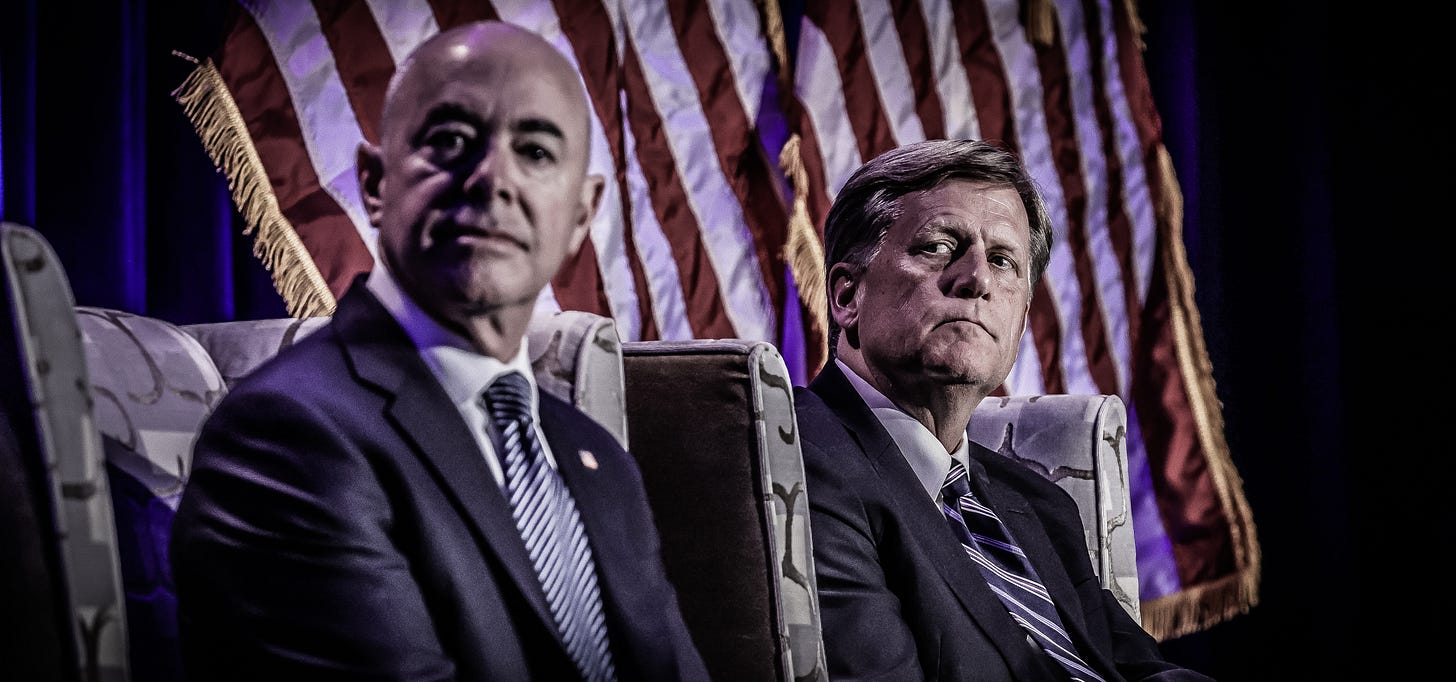What Censorship Leaders Are Hiding
"Anti-disinformation" groups refuse to turn over subpoenaed information to Congress, are canceling public workshops, and won't answer questions.

The people who say they are fighting disinformation appear to be transparent and trustworthy. Groups like Stanford Internet Observatory and the Atlantic Council put photos, bios, and contact information for their staff and board members on their websites. They record videos that explain their work. And they regularly write for mainstream media publications.
But of the 50 top ”anti-disinformation” governmental and nongovernmental groups in the world, which Matt Taibbi’s investigative team at Racket identified, only one has agreed to answer our questions, and only 10 even bothered responding to our repeated requests for an interview.
It’s reasonable to wonder if this low response rate has something to do with the fact that I have repeatedly called for all of them to be defunded and dismantled because they are violating a fundamental human right.
But the key “disinfo” censorship groups are not giving substantive interviews to other independent journalists. Indeed, over the last several weeks, they have increasingly gone quiet.
Last week the pro-censorship Atlantic Council’s DFR Laboratory canceled the online launch event for its new report, “Telegram, WeChat, and WhatsApp Usage in the United States.” It might have had something to do with the fact that, a few weeks earlier, we had tweeted critically about it, signed up to attend, and encouraged others to join us.
Two weeks ago, BBC heavily promoted the launch of its own “anti-disinfo” program called “Verify,” but has refused to answer questions about it or make its 27-year-old host, whose role is apparently to fact-check all of the news, available for an interview.
And now, the lead censorship organization, Stanford Internet Observatory, is refusing to respect a House Judiciary Committee subpoena for records in the form of “tickets” from the Jira project management software system.
Rep. Jim Jordan said the lawyer representing Stanford had confirmed to committee staff that Stanford Internet Observatory has documents and communications related to its “flagging” of content for censorship by social media companies but would not give them to the members of Congress.
Why? What are Stanford Internet Observatory, Atlantic Council’s DFR Lab, BBC, and other pro-censorship organizations hiding?
A Lot To Hide




